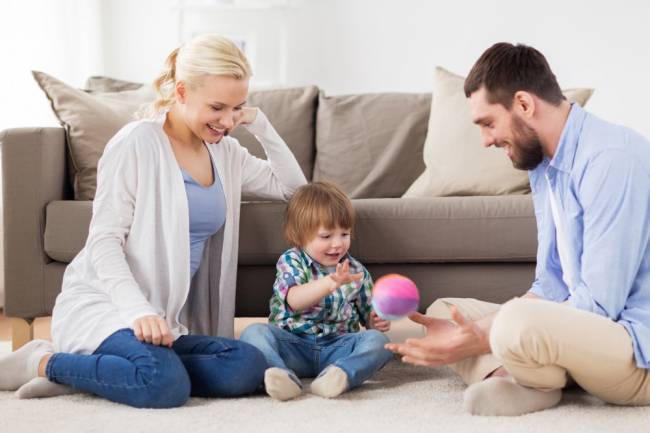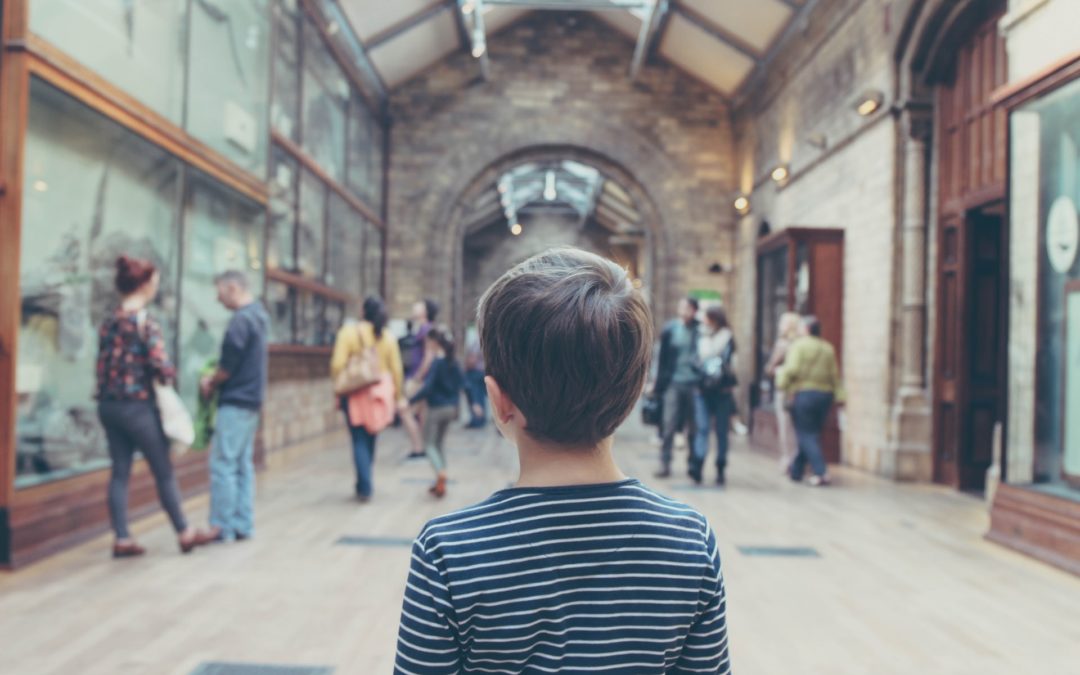Early emotional awareness lays the foundation for a healthy, happy life – emotionally, socially and mentally – but children are not born knowing how to manage their feelings, and modern life can cause even more confusing emotions. Encouraging children to talk openly about how they feel will help them to identify and manage their own emotions, as well as developing an understanding of the feelings of others. Young children raised this way will be equipped with practical coping tools to deal with emotional issues, shaping how they approach everyday pressures as they grow into adults. Skylark Learning, the early childhood education company delivering innovative resources to enable children to learn through meaningful play, provides six useful tips on how parents can help young children identify and express their emotions, particularly during periods of uncertainty
1. Talking about emotions
One of the most important ways for your child to learn about emotions is for you to talk to your child about them! You can talk about your child’s own emotions and label what they are so that they learn to understand what they mean. Discuss what emotions look like and how they are expressed, what caused the emotion, and what the consequences of that particular emotion are. Respond to your child’s emotions in a positive way and foster a home environment where your child feels safe and confident to communicate how they feel.
2. Validate your child’s emotions
When children are aware of a negative emotion, they are less likely to become overwhelmed and act on impulse, for example, to lash out in anger. By validating your child’s emotions you can help them to become better aware of their feelings. Emotional validation is an accepting and non-judgemental parenting technique that focuses on reflecting your child’s emotions back to them, either by using your face to mirror their emotions, or by using language to name their emotions, or the point of view behind their emotion.
3. Deal with problematic behaviour constructively
Behaviour is not the same as a feeling, and not all behaviours are acceptable. Young children cannot easily control their emotionally expressive behaviour like crying in sadness, avoiding in fear, and even hitting in anger. Although we should remind children of our rules – eg ‘no hitting’ – it is good to remember that it is much harder for a young child to inhibit emotional actions than it is for an adult. But do not be afraid to assert boundaries; young children appreciate having boundaries and it can give them a feeling of safety and security.
4. Exploring emotions through play
Children love emotionally exciting play and it can help them learn to cope with emotions. Try simplifying events by creating imaginary characters or settings that reduce emotional content. You may also find your child learns to cope with feelings by re-enacting unpleasant experiences in a game setting they can control or by innoculating themselves with small doses of emotion.
5. Minimise conflicting messages
Remember that how you talk about and express your own emotions will also affect what your child learns about emotions. If you tell your child that it is OK for them to express their emotions, or that they can try calming down by taking a deep breath and counting to ten, it will be confusing for them if you don’t then demonstrate this with your own actions. As a parent you may not always have the answers but showing that you are comfortable discussing emotions makes it easier for your child to talk about how they feel.
6. Grab teachable moments
Children are constantly learning, not just at set times or during ‘lessons’. Keep a lookout for, and make the most of, any opportunities when you can help your child to discover something and understand a situation a bit better. They could see a child crying in the street, which can open up dialogue on why we cry and what the immediate emotional response means. They may also see a news story that distresses them – use this as a talking point to explore how it makes them feel.
The above tips have been taken from the Parent’s Guide in My First Emotions, an exciting multisensory resource designed to help children from birth to three years learn to understand and manage their feelings. The set will help children learn to identify their own emotions and begin to empathise with others, leading to better relationships, academic achievement and essential life skills.
Based on the latest research about emotional awareness, validation and regulation, My First Emotions has been designed by experts with a user-friendly methodology for parents to use at their own pace, in the comfort of their home.










